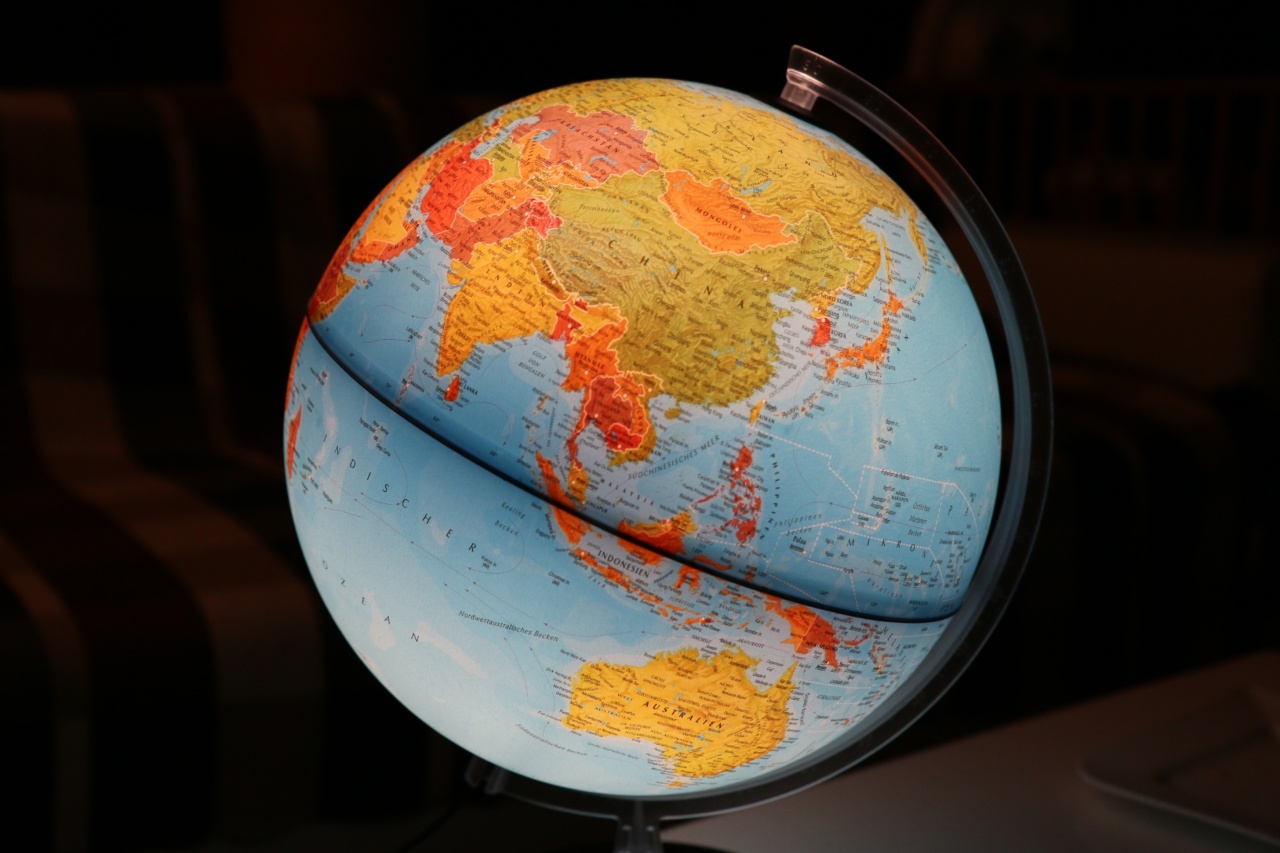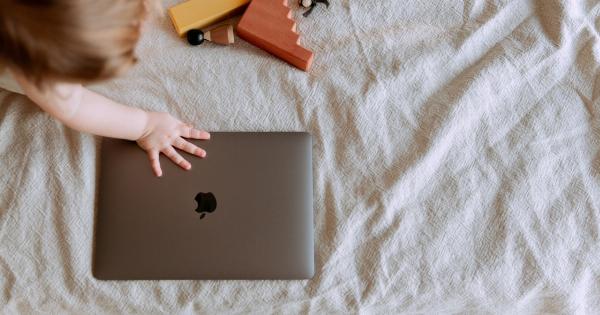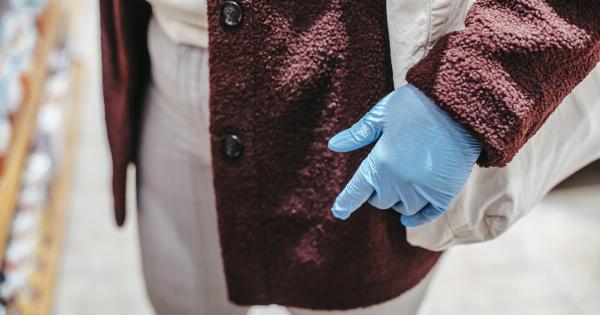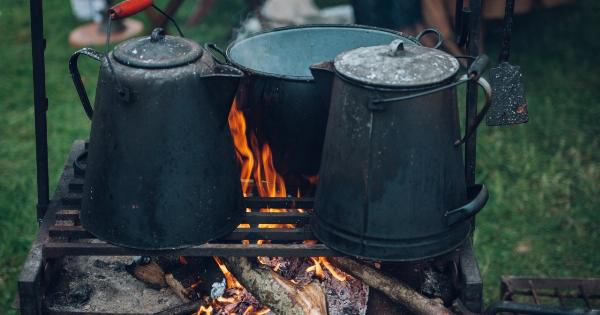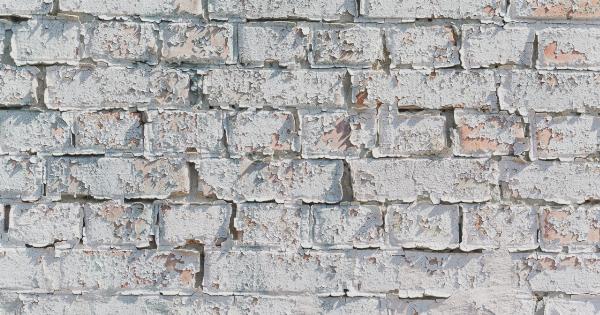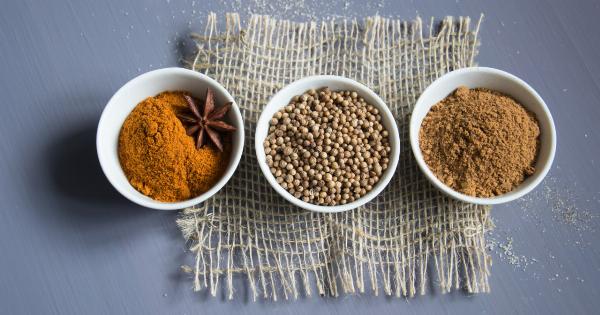Most of us have heard the old adage, “Don’t eat after 9 PM,” or “Don’t eat before bed.” While it may be true that eating heavy meals before bedtime might not be the best thing for your digestive system, there are many foods that are not necessarily harmful and can even aid in a better night’s sleep. Here, we’ll unravel the mysterious world of forbidden foods before sleep, and delve into why some foods are not as bad as you may have thought.
The Science Behind Sleep and Food
Research shows that what you eat before bed can significantly impact how you sleep. The most important part is to understand that certain foods can help you sleep better, while others can keep you up all night.
Unsurprisingly, caffeine is one of the worst foods to consume before bed. Caffeine is a simulant, which can cause restlessness, making it difficult to fall asleep. So, if you’re having trouble sleeping, it’s best to avoid caffeinated foods like coffee, tea, and chocolate before bed.
On the flip side, some foods contain natural compounds that can aid in a more restful sleep. For example, tart cherries contain the hormone melatonin, which regulates the sleep-wake cycle.
Consuming tart cherry juice before bed has been shown to significantly increase melatonin levels in the blood, leading to a more restful night’s sleep.
The Forbidden Foods
There are some foods that tend to get a bad reputation when it comes to eating before bed. However, not all so-called “forbidden foods” are actually harmful. Here are some of the most common ones:.
Carbs
Carbohydrates are often one of the first things people avoid when trying to lose weight. However, consuming a small amount of carbohydrates before bed can help you sleep better.
Carbohydrates trigger the release of serotonin, a neurotransmitter that promotes relaxation and sleep. So, if you’re struggling to get a good night’s sleep, try eating a small serving of carb-rich foods like oatmeal or whole-grain bread before bed.
Fruits
Fruits are generally considered a safe food to consume before bed because they are low in calories and sugar. However, some fruits are better than others when it comes to aiding in sleep.
As we mentioned earlier, tart cherries are a great option because of their melatonin content. Bananas are another great choice because they contain tryptophan, an amino acid that can help you relax and fall asleep faster.
Spicy foods
Spicy foods are known to trigger heartburn, acid reflux, and other digestive issues – making them a popular food to avoid before bed. However, if you don’t experience any of these symptoms, spicy foods can actually help you sleep.
Spicy foods contain capsaicin, a compound that can increase body temperature and promote relaxation. Just be careful not to overdo it – too much spiciness can lead to discomfort and make it harder to sleep.
High-fat foods
High-fat foods are also often on the list of foods to avoid before bed. This is because they take longer to digest, which can cause discomfort and keep you awake. However, some high-fat foods can actually be beneficial before bed.
For example, a small amount of cheese or a spoonful of peanut butter can help you feel full and satisfied, which can lead to better sleep.
Conclusion
While there are some foods that can disrupt your sleep, not all “forbidden foods” are harmful. In fact, some can actually aid in a more restful night’s sleep.
Eating a small amount of carbohydrates, fruit, spicy foods, or high-fat foods before bed can promote relaxation, help you feel satisfied, and even increase melatonin levels. It’s important to listen to your body and choose foods that work best for you and your sleep habits.
